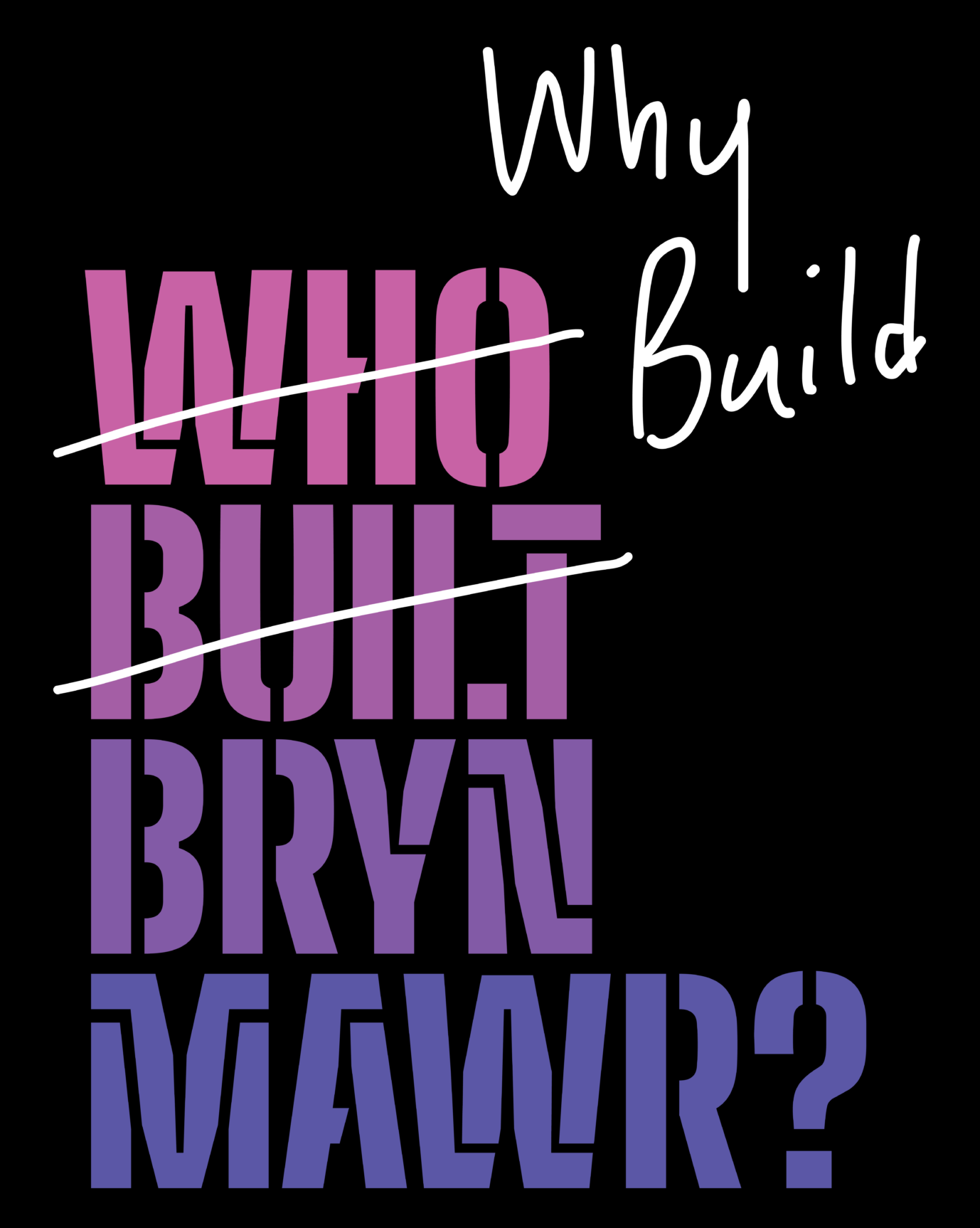No single person founded Bryn Mawr College. Instead, a circle of progressive Orthodox Quakers from the north- and southeastern United States came together to debate and realize a collective vision.
Troubled by contemporary social ills – the horrors of slavery and devastation of the Civil War, the struggles of Freedmen and women, the displacement and exploitation of Indigenous peoples, the wealth gap produced by rapid industrialization, the subordination and disenfranchisement of women – they sought to mitigate these problems by realizing greater Quaker influence in society. They saw education as a primary means of achieving this goal.
Like many Quaker philanthropists and social reformers of the era, founder Joseph W. Taylor feared a breakdown in society, precipitated by women succumbing to “foolish fashions” and “follies.” Only a Christian education could safeguard women from worldly distractions. Taylor and his circle of advisors believed the fate of Western civilization was held in sway. They sought to build a College that would promote Quaker values of simplicity, while also announcing an intention to impact the world.
Many of these Quakers were involved in multiple philanthropic organizations and movements intended to aid Indigenous peoples and formerly enslaved men and women. Nevertheless, their philanthropic pursuits were often paternalistic, shaped by fundamental principles of white supremacy and a Christian civilizing mission that caused severe harm. Moreover, marginalized communities were just as active in mobilizing and advocating for themselves, but this advocacy was sometimes ignored or devalued.
Learn more about the diverse philanthropic investments of the founders
“the said Trustees….may proceed to expend a portion of the principle in….the erection thereon of substantial buildings of the most approved construction, for the comfort, advanced education, and care of young women, or girls of the higher and more refined classes of society.
“In the admission of students….those should be preferred who are of high moral and religious attainments and good examples and influence, and,such as are most advanced in education…”
“the effects of a guarded advanced Christian education of females… would strengthen character and elevate them above the foolish fashions now so prevalent, andwould fit [them] forusefulness and influence, should they become mothers, to train infant minds and give directions to character and to make homethe center of interest and attraction and thus to preserve youth from foolish follies or haunts that lead to ruin!”
Excerpts from the Will of Dr. Joseph W. Taylor (1877)
